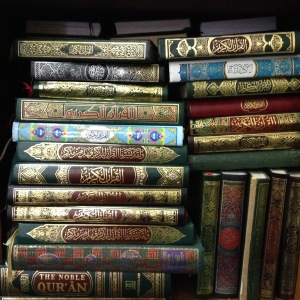So, 2020, huh?
I thought about writing a little cap to the year–something about being stuck at home with two small children during an international pandemic, and the wildfires here in California, and unchecked white supremacists driving the country to the brink of civil war but…you get it. You’re all there, more or less (except you lucky bastards who live in New Zealand and are going to have to deal with a sudden influx of immigrants once we’re finally allowed to go anywhere), so I don’t have to tell you what it’s like. Suffice it to say, my brain is pretty fried after the past ten months, and while I’m still reading, not much of it is medieval epic poetry from Southeast Asia. I’ve been working my way through the Khun Chang Khun Phaen, a seminal work of Thai literature, since last February. I managed to get through the novels on my Thai reading list and have tentatively moved on to Myanmar/Burma, but mostly I’ve been reading the collected works of N.K. Jemisin and Octavia Butler, with occasional forays into YA dystopian fantasy. I don’t have the wherewithal to write long screeds about individual books that I read in 2018, and I suspect few people would have the attention span to read them right now anyway. So here are my thoughts on a whole bunch of books from the Philippines, in short format. Maybe I’ll come back to one or two of these later, but for now I just want to get them down and move on. Let’s do this.
Continue reading →








